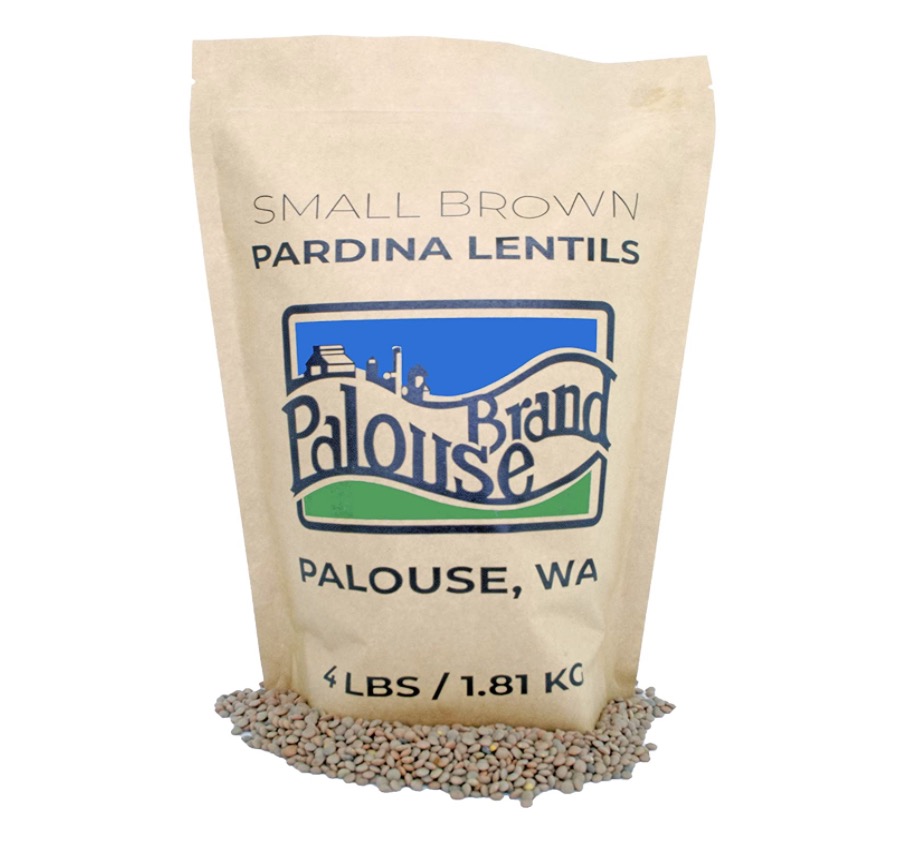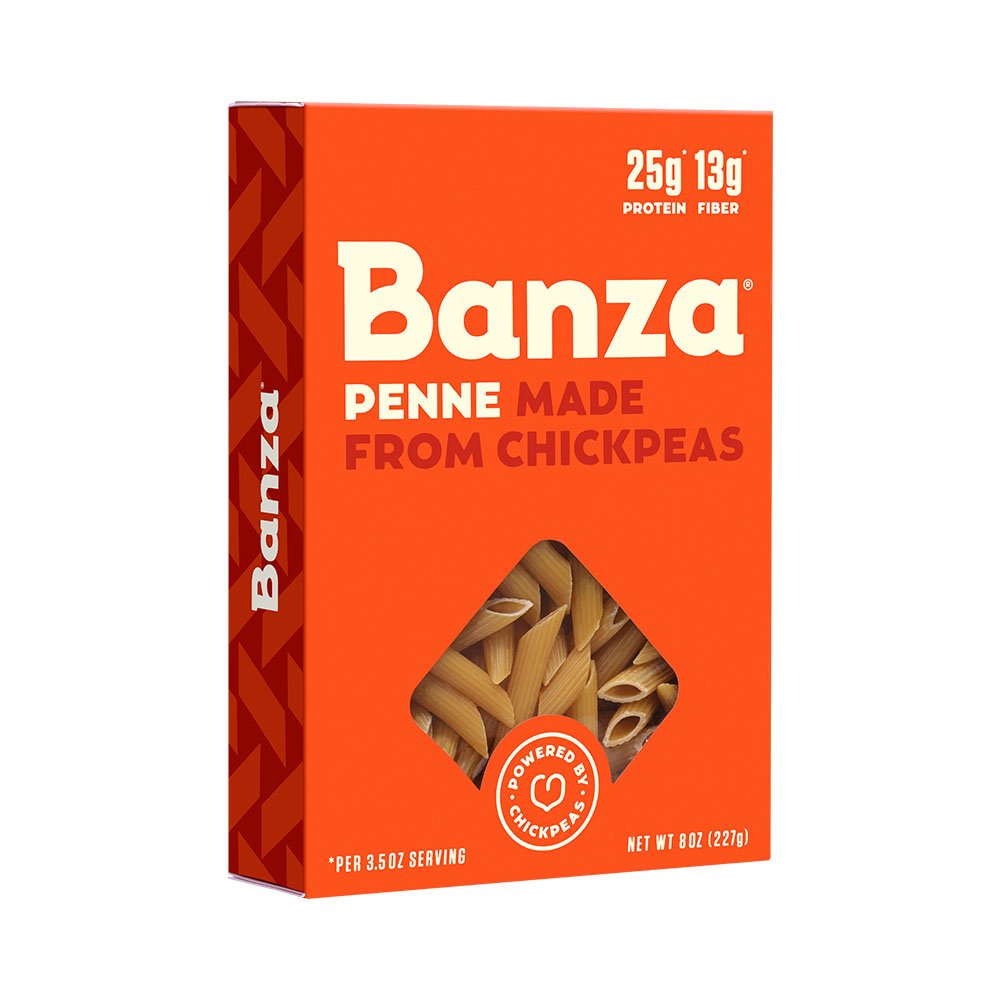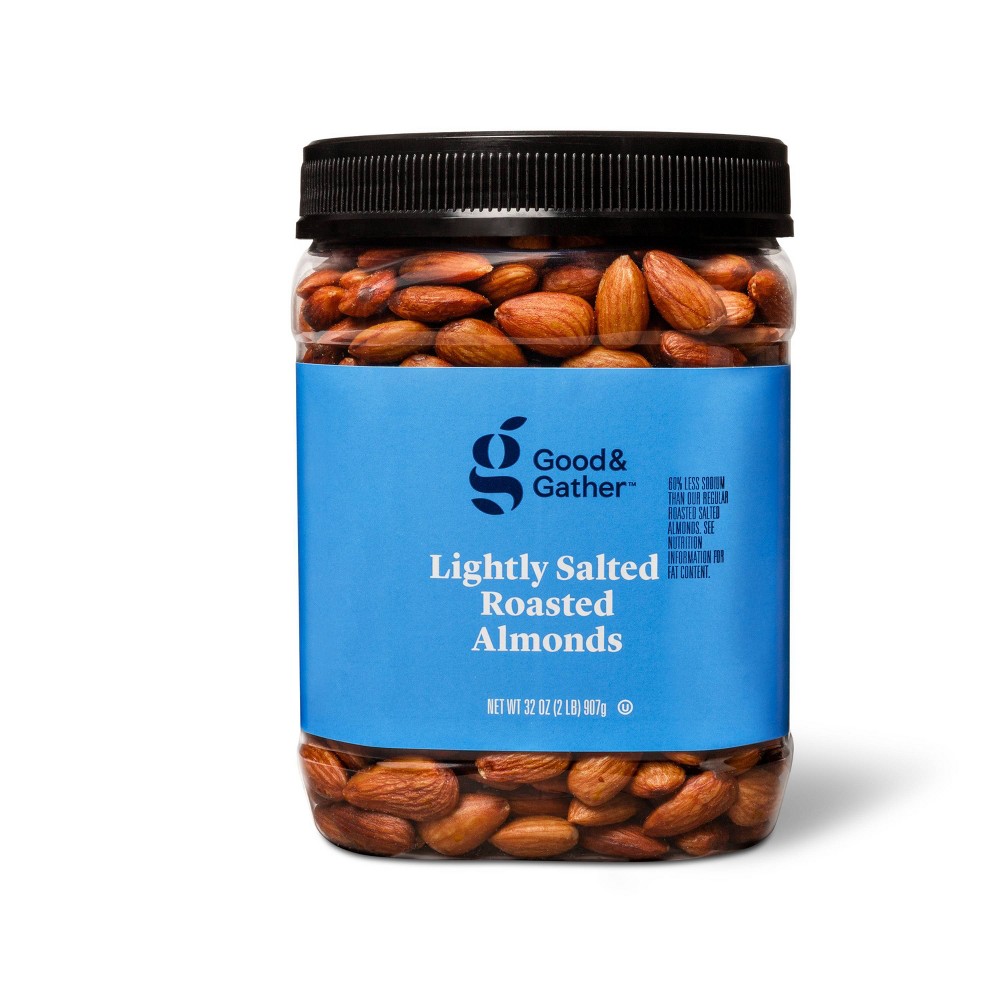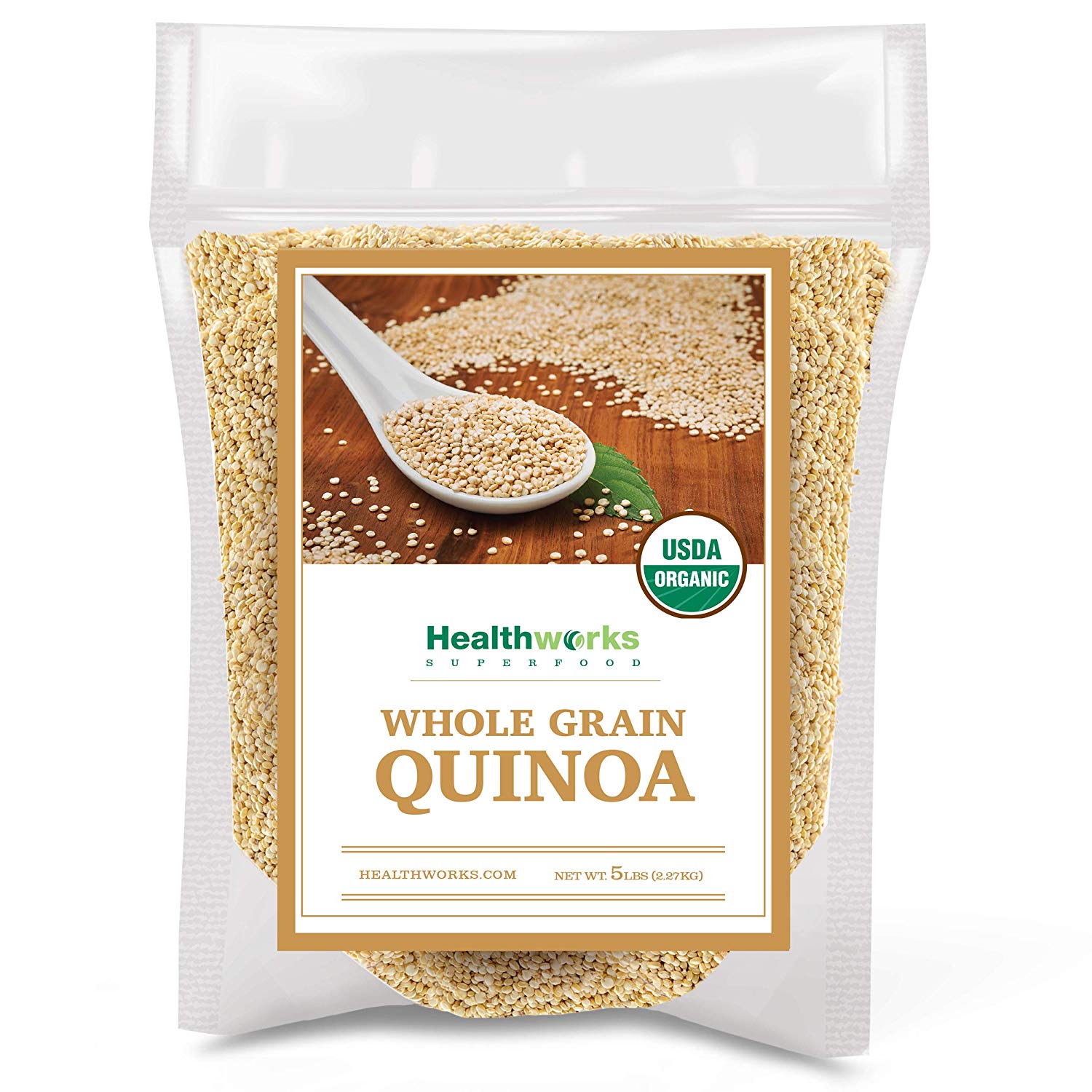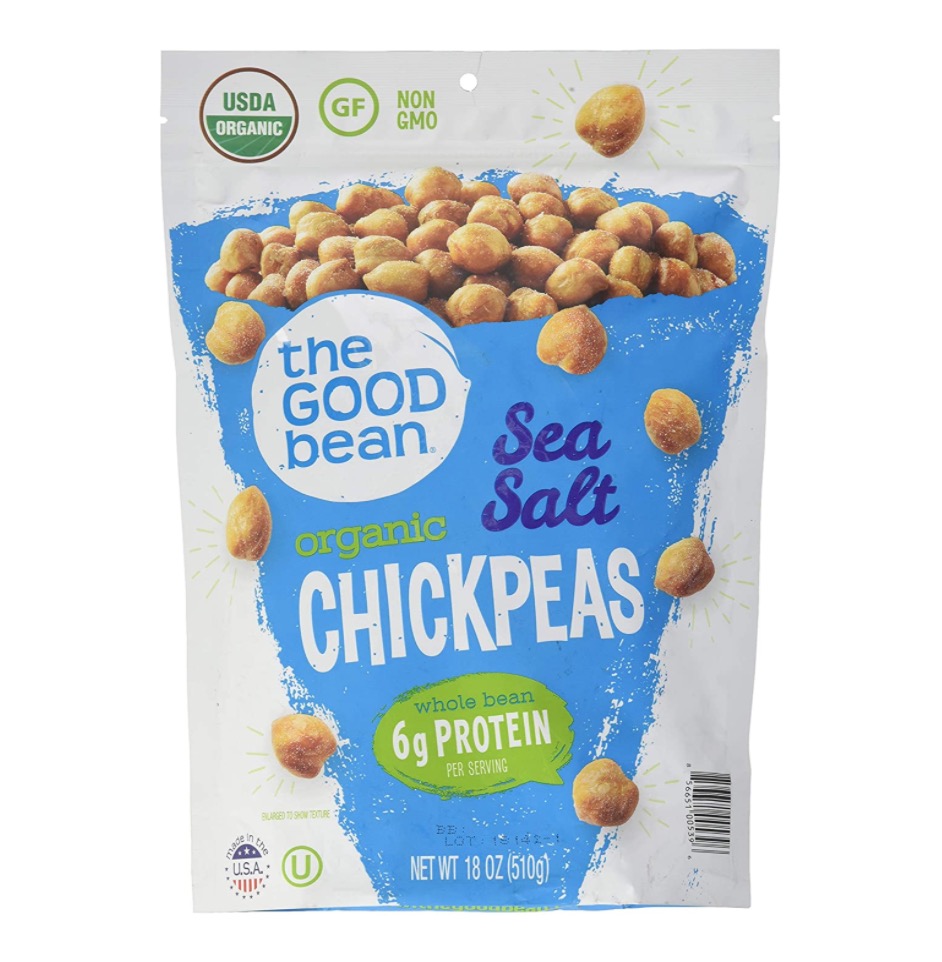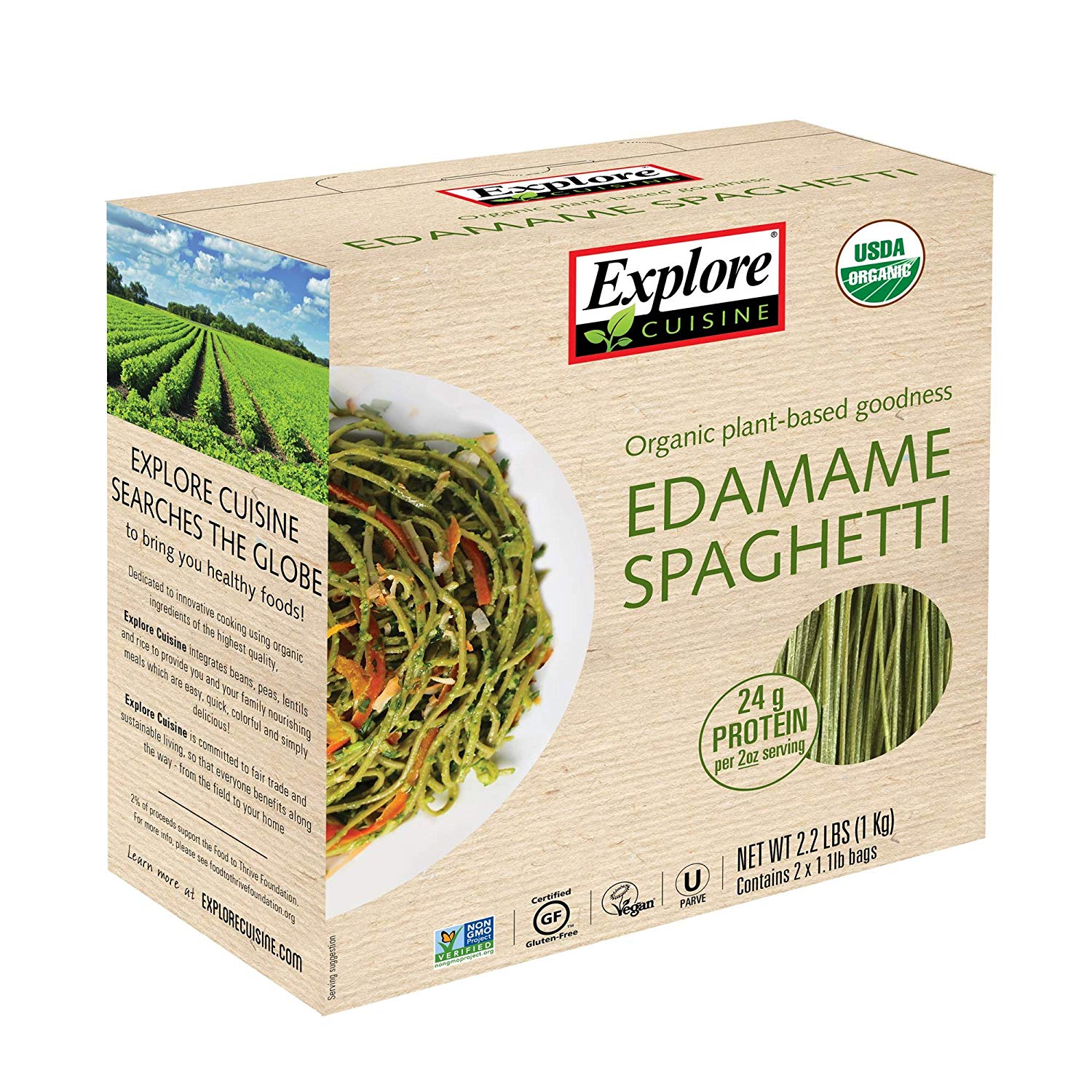The Pros and Cons of Veganism, According to a Dietitian
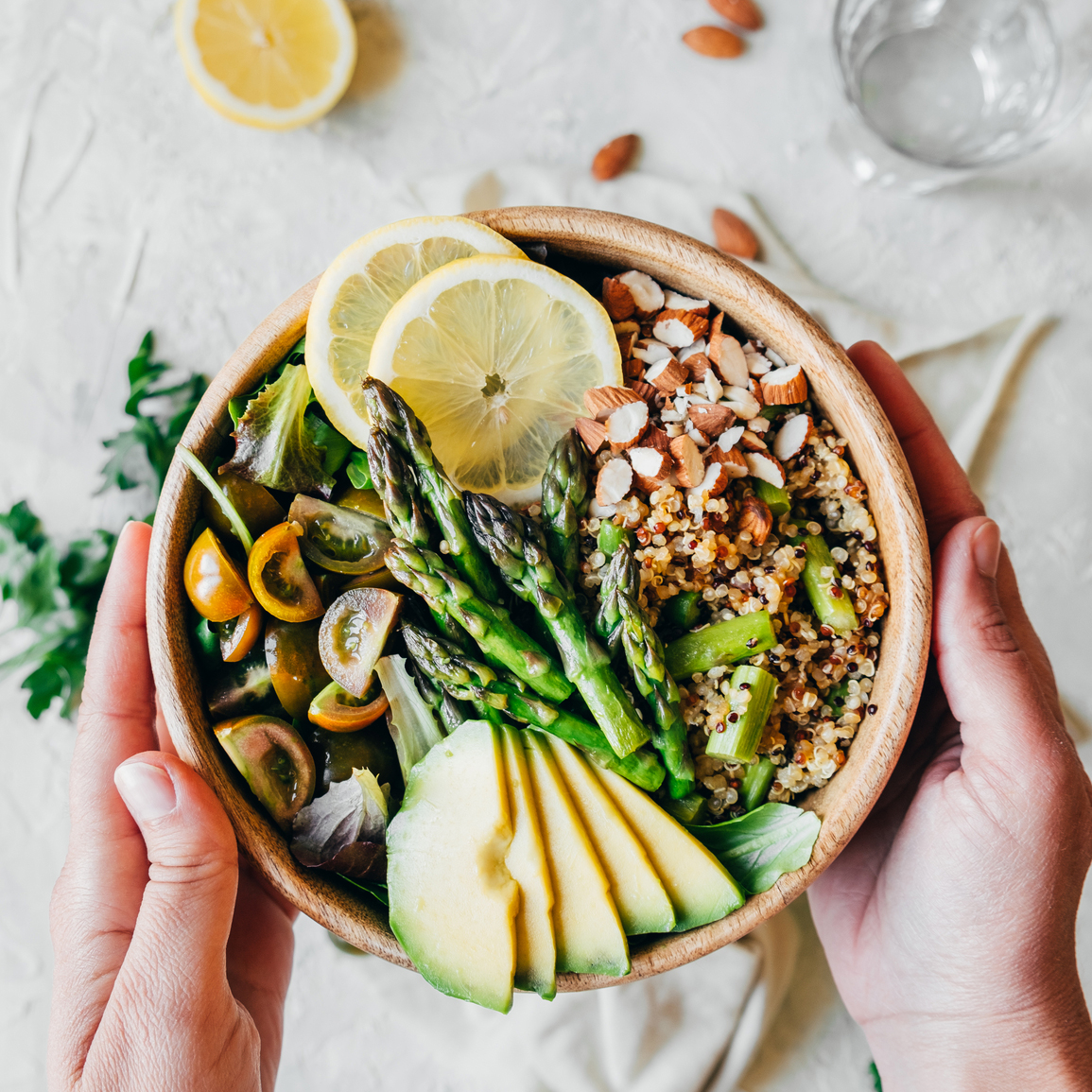
If the surplus of vegan-friendly restaurants, dishes, and meal kits are any indication, veganism has gone mainstream. But dietary changes large and small should never be taken lightly. Your body, brain, and lifestyle will undergo seismic shifts as you add and remove foods from your diet. It's always best to conduct your own research and consult a doctor or nutritionist before taking the leap.
We tapped Tracy Lockwood Beckerman, a registered dietitian and the author of The Better Period Food Solution, about the pros and cons of veganism. Before we dive in, keep in mind that a vegan diet isn't for everyone. "People who have a history of disordered eating or a disordered relationship with food are not good candidates for a vegan diet," Beckerman said. "Also, those with food allergies or intolerances, or those who are low in nutrients like iron, B12, and zinc, should talk to their doctor before going vegan."
Below, start your research phase by reading up on the pros and cons of veganism, according to Beckerman.
The Pros
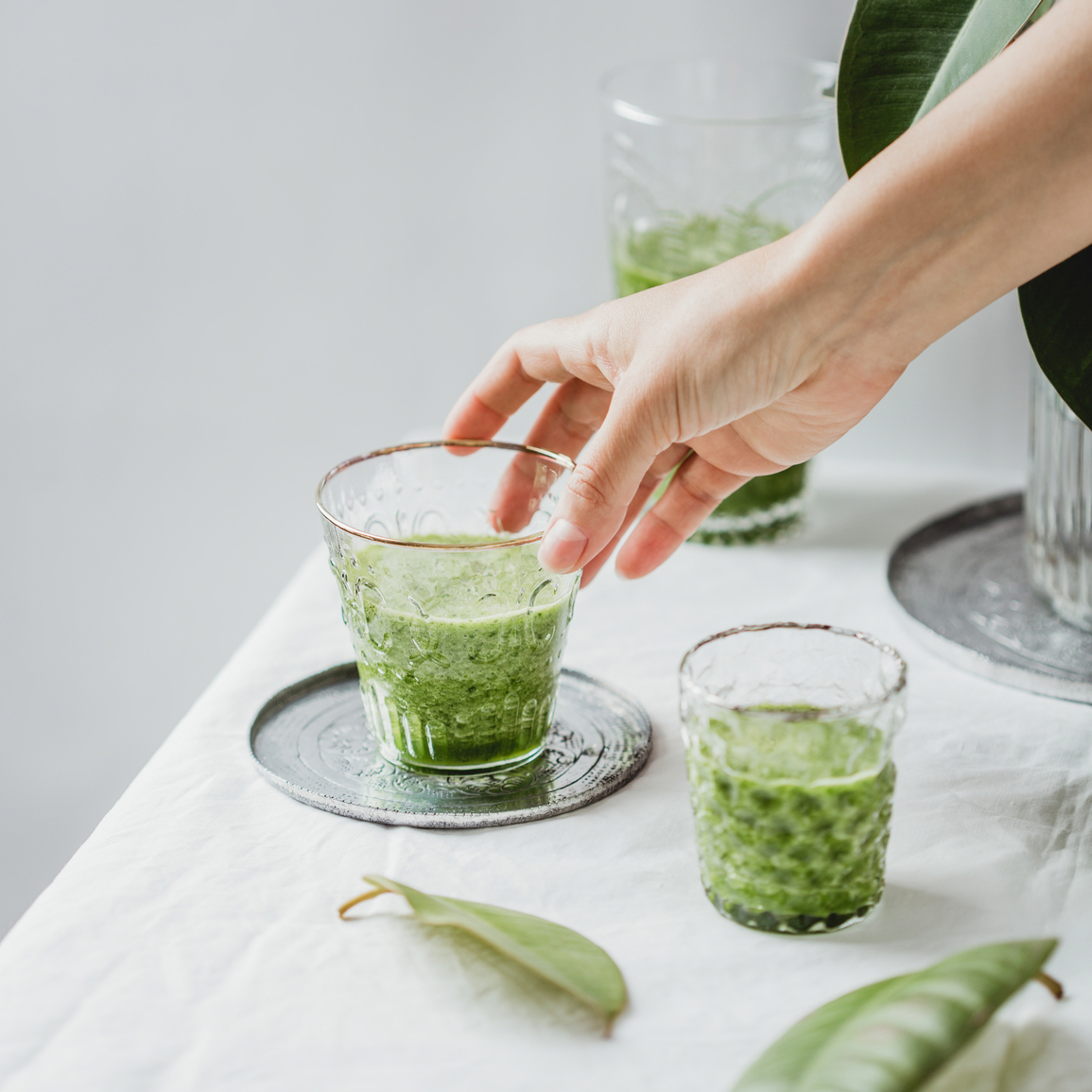
1. Community. Roughly 1.6 million adults in the U.S. follow a vegan diet. "The social aspect—either online or in-person—allows people to connect with one another and share tips, meal ideas, and advice throughout their vegan journey," notes Beckerman.
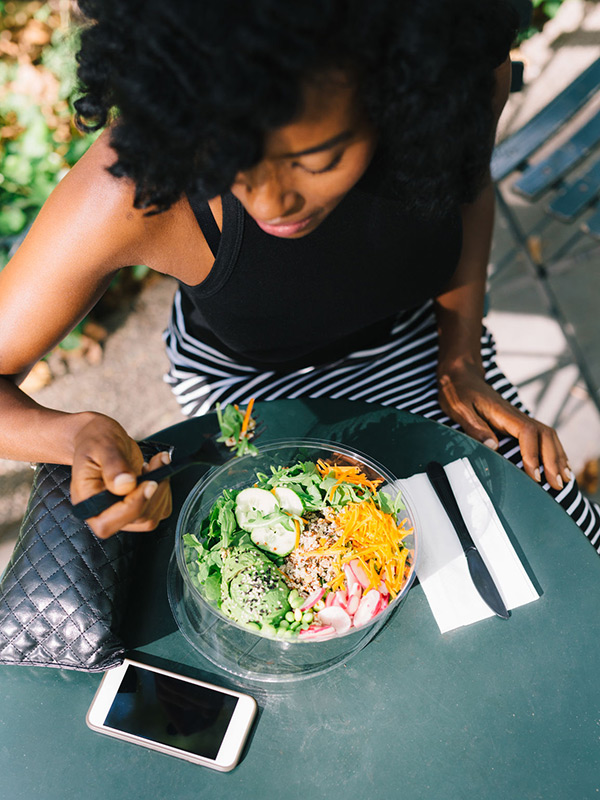
2. Environment. Many people choose to adopt a vegan diet for environmental reasons. "Because animal products generate more greenhouse gas emissions than plants, going vegan helps decrease the amount of these harmful substances in the atmosphere," she explains.
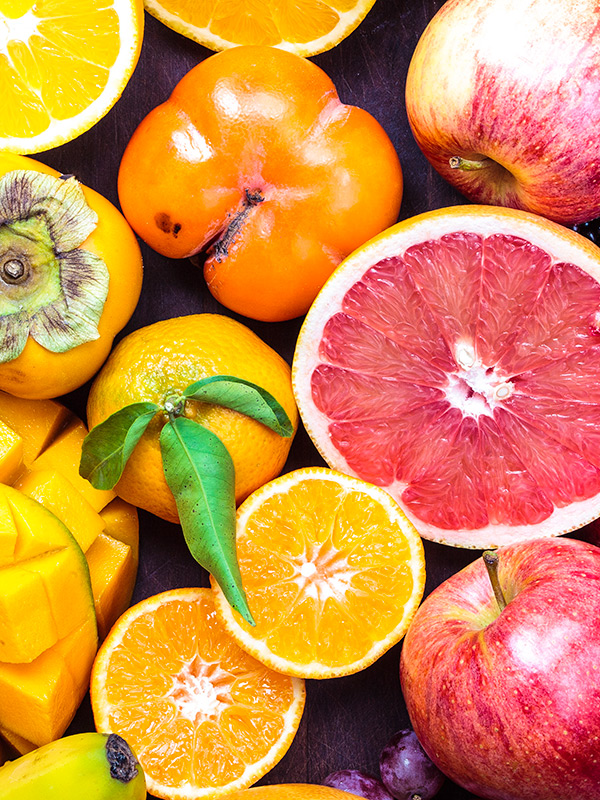
3. Water conservation. "It takes a substantial amount of water to produce beef, as compared to grains, legumes, fruits, and vegetables," explains Beckerman. "Animal agriculture is a more water-intensive process, so going vegan tremendously reduces the amount of water used."
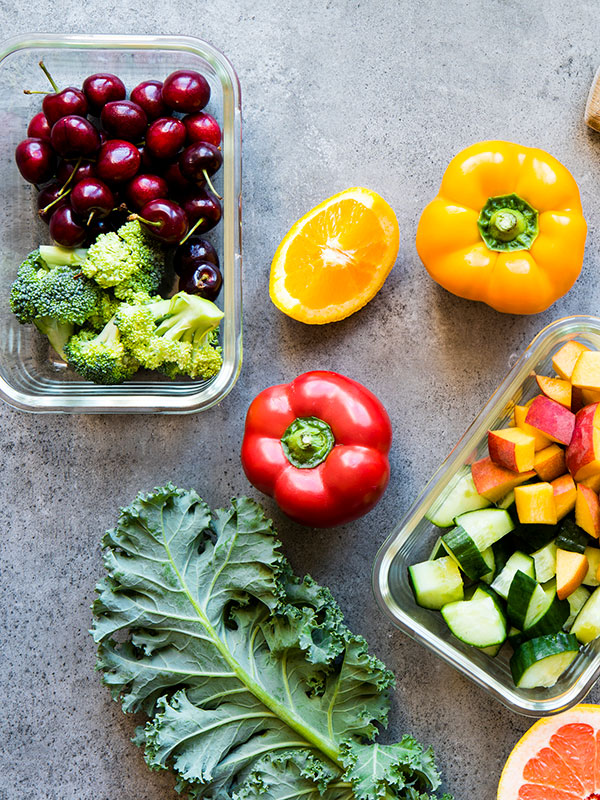
4. Health. Generally speaking, it can't hurt to increase your intake of plant-based proteins like beans, legumes, and tofu while reducing meat consumption. "Cutting back on red meat, in general, has been linked to a bevy of health benefits, like reduced risk of chronic disease, cancer, and cardiovascular illness," she notes.
The Cons
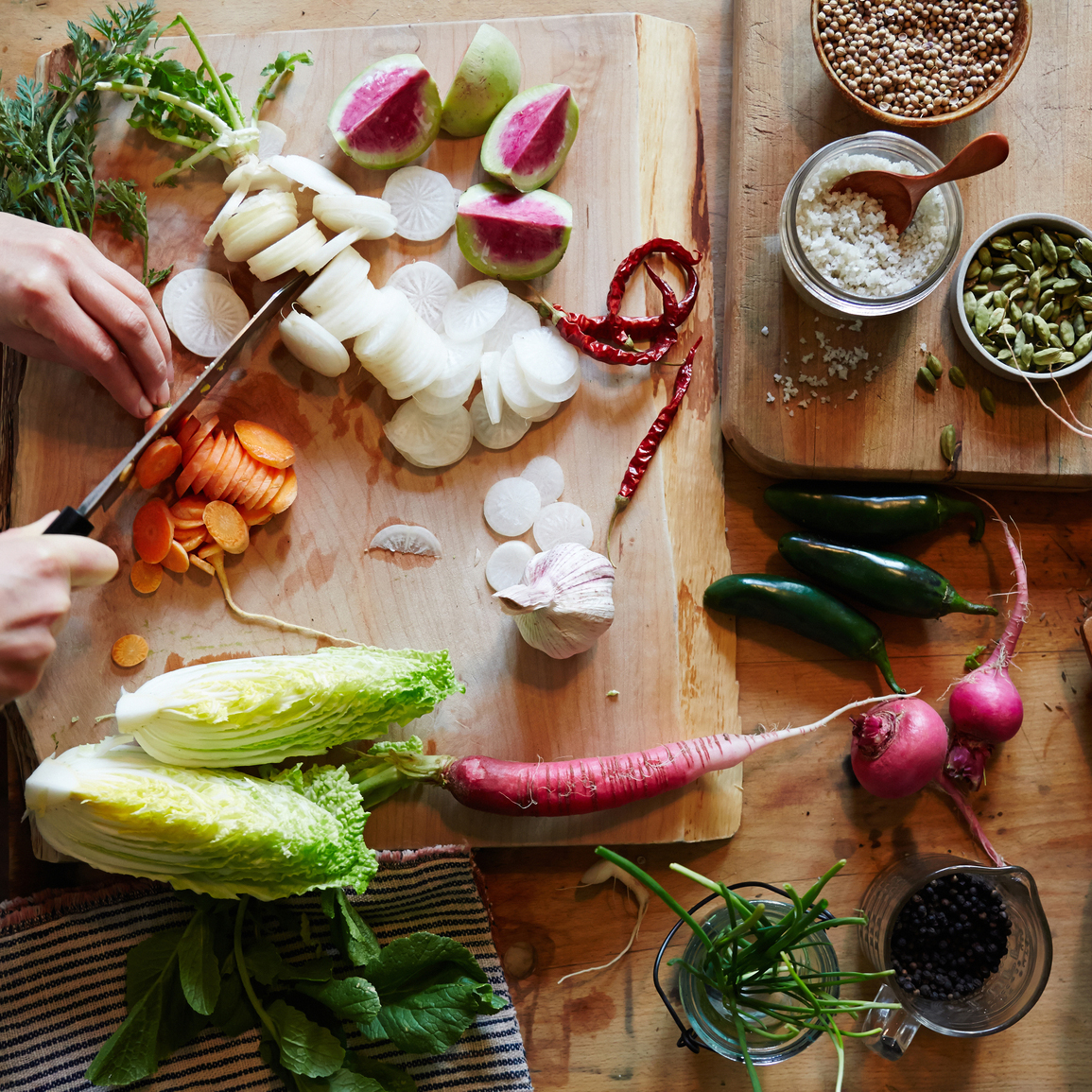
1. Nutrient restriction. Like any diet, veganism restricts your intake of certain foods. This isn't ideal for someone with a food intolerance, as your nutritional profile may already be limited. Furthermore, someone with an iron or calcium deficiency may struggle to meet their nutritional needs without animal products. "Because veganism requires an all-or-nothing approach, I have hesitations about recommending it to clients," adds Beckerman.

2. Physical health. We currently lack convincing, long-term research about the health benefits of veganism. "Of course, it's better for the environment short- and long-term, but the short-term health benefits uncovered in recent research do not speak to the diet's long-term effects," she explains. "For that reason, I wouldn’t recommend following a vegan diet indefinitely."

3. Psychological health. As with any diet, you risk placing too much emphasis on appearance and not enough on health. "The healing benefits of a vegan lifestyle may not be applicable to all," says Beckerman. "Veganism or dieting, in general, can disconnect someone from the health benefits of eating and redirect their attention to body image."
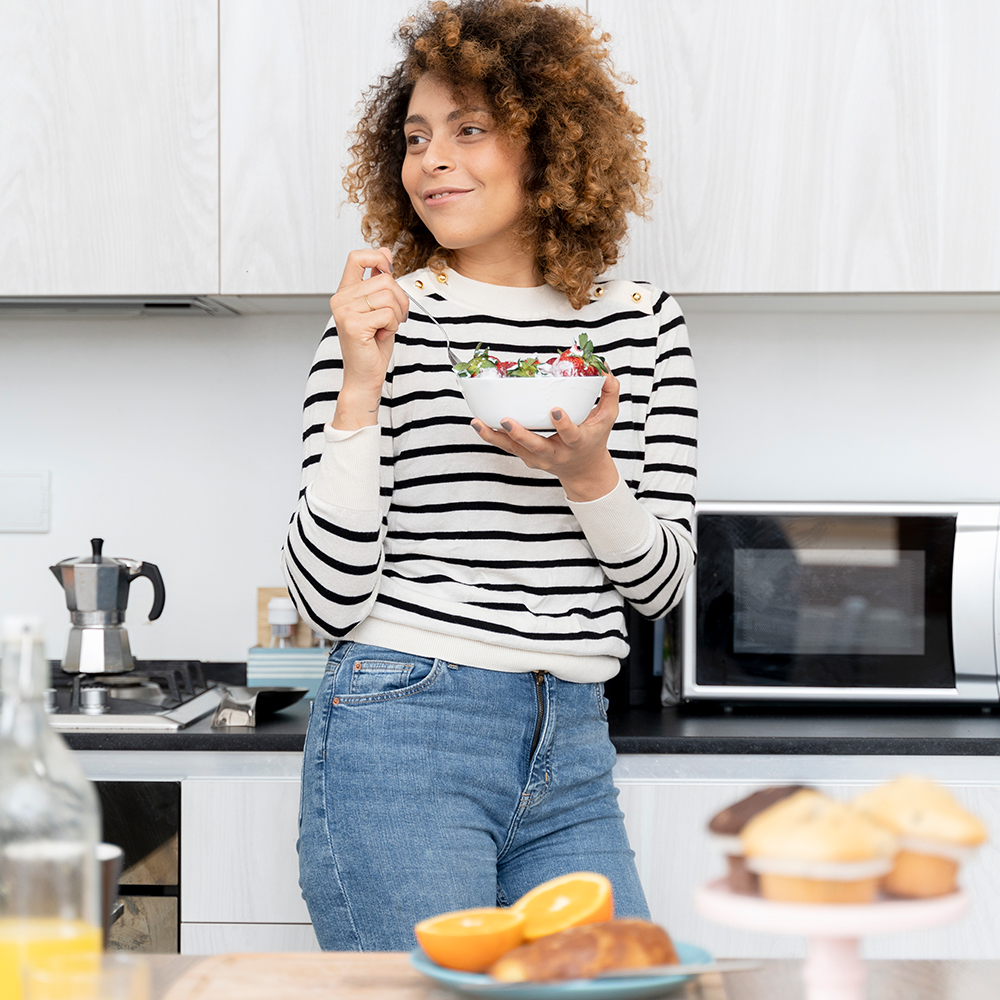
4. Lack of education. "Without proper education and guidance, it may be difficult to get all of the wholesome nutrients found in a non-restrictive diet," she explains. "Because you're excluding the vitamins and minerals found in animal products, like zinc, vitamin B12, iron, calcium, and vitamin D, it’s important to find equivalent plant-based sources elsewhere."
If you're still on the fence about adopting a vegan diet, you can always test the waters with a few substitutions. "Even if you don’t want to follow a 100% vegan lifestyle, you can try more plant-based options and vow to go animal-free on certain days of the week," she suggests. "For example, you can eliminate red meat and supplement that protein, zinc, and iron with plant-based products, like chickpea pasta or lentils.
Shop Plant-Based Protein
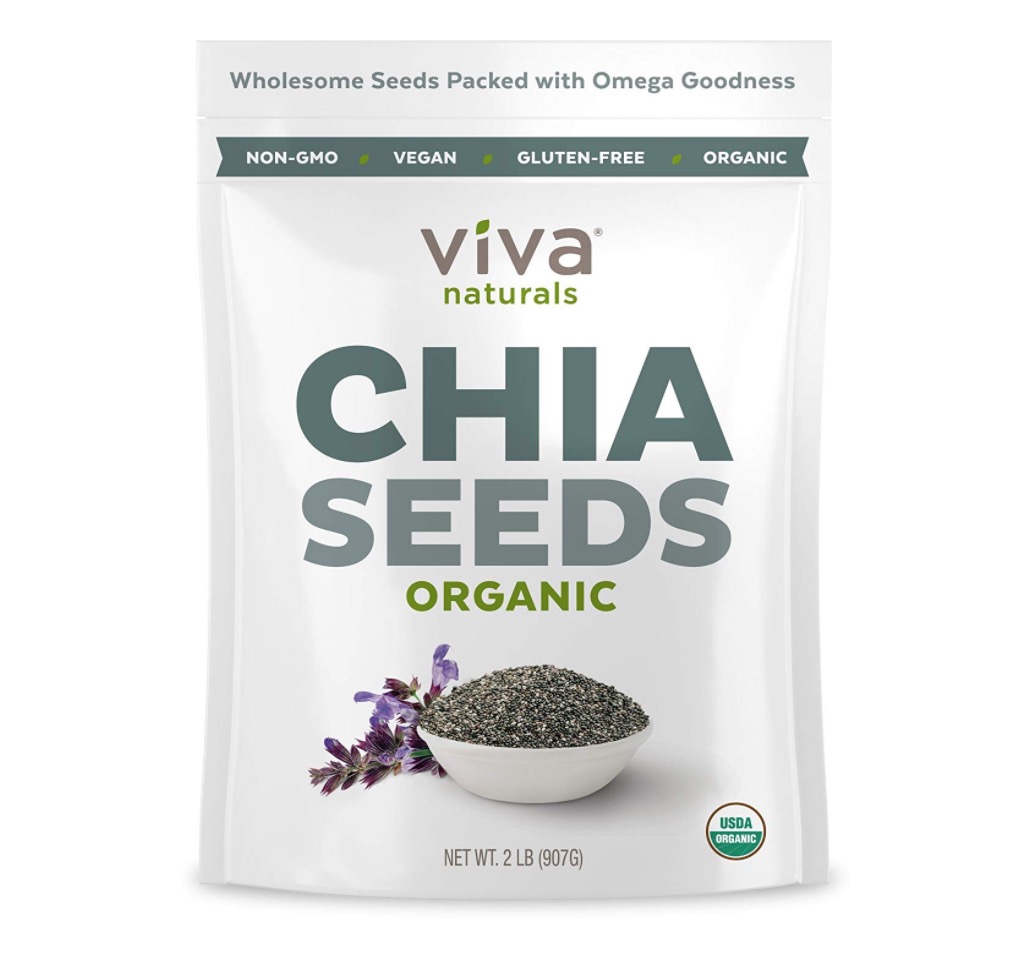
Next up: The Biggest Food Myths Nutritionists Want You to Forget
This article was originally published at an earlier date and has since been updated.
Disclaimer
This article is provided for informational purposes only and is not intended to be used in the place of advice of your physician or other medical professionals. You should always consult with your doctor or healthcare provider first with any health-related questions.
Kelsey Clark is a freelance writer and content strategist based in Detroit. She got her start in editorial in New York City as MyDomaine's lifestyle editor and has since gone full-time freelance. She now contributes to Who What Wear, THE/THIRTY, Domino, Glamour, The Zoe Report, Apartment Therapy, and more, in addition to working with brands such as Bloomscape and EyeSwoon on content strategy and copywriting. She's written about fashion, interior design, health and wellness, pop culture, food, travel, politics, and professional development, but she'd consider the first three verticals her main "beats."
-
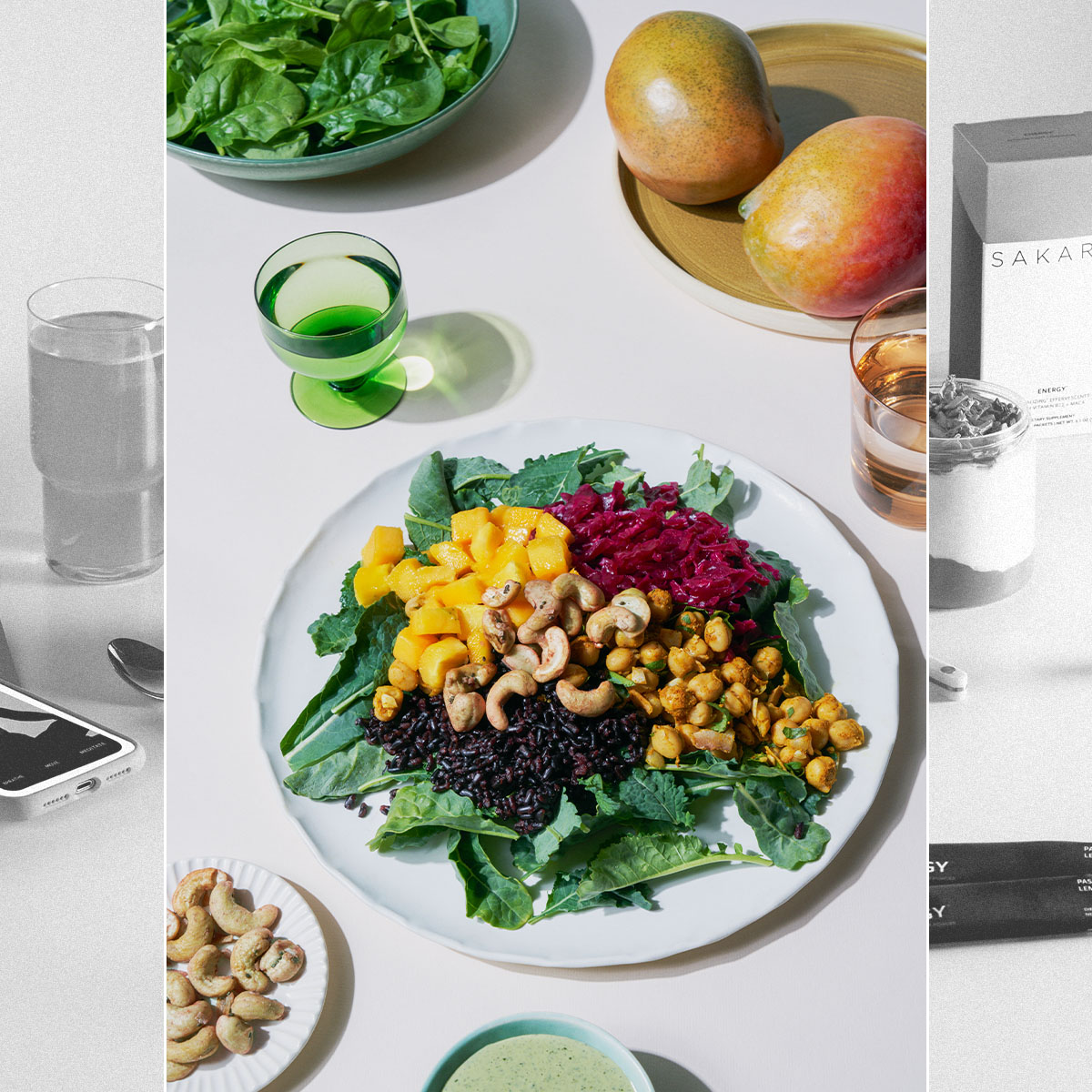 Bella Hadid and Gwyneth Paltrow Apparently Love Sakara Life, so We Tried It for 30 Days
Bella Hadid and Gwyneth Paltrow Apparently Love Sakara Life, so We Tried It for 30 DaysHere are our honest thoughts.
By Erin Jahns
-
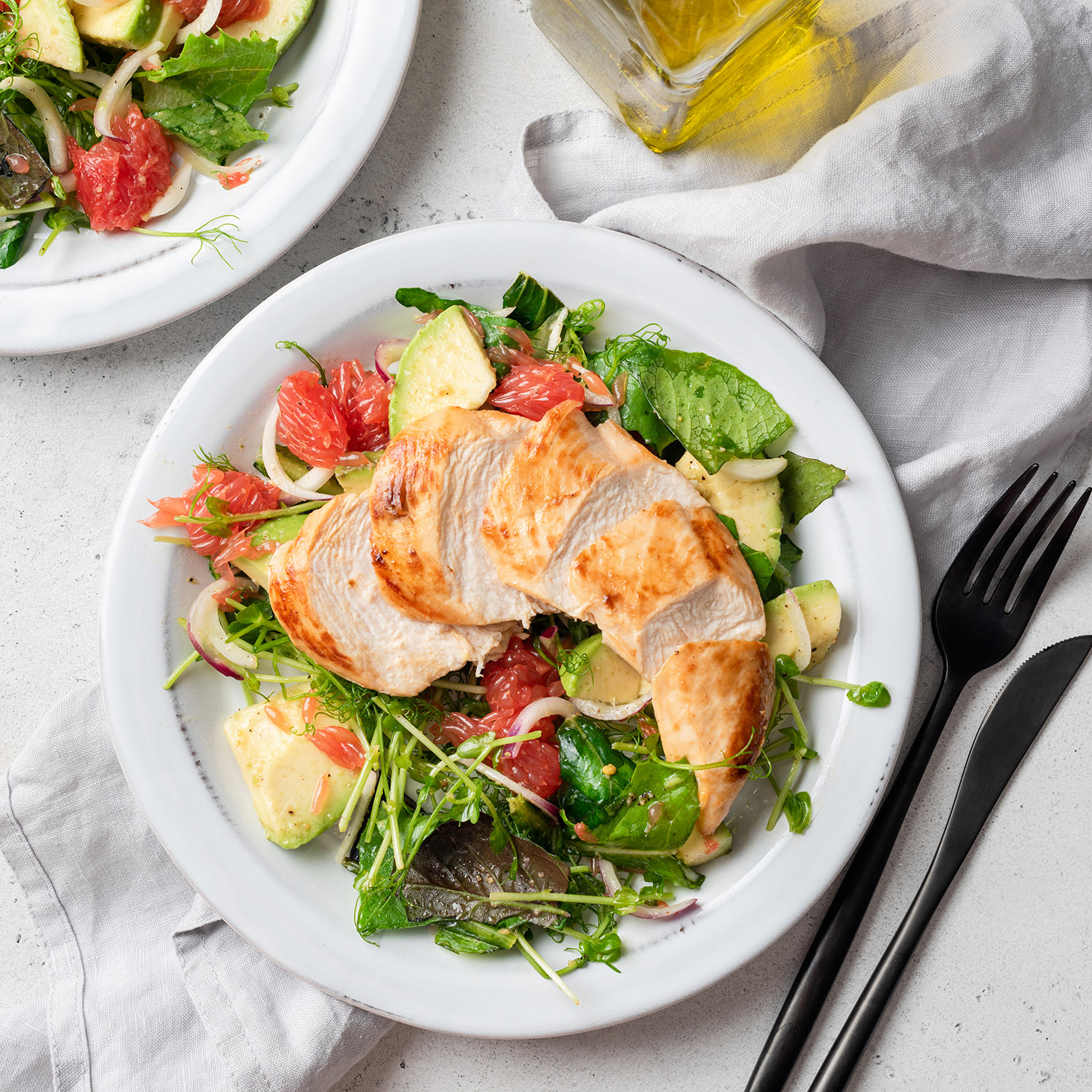 The 6 Warning Signs You're Not Getting Enough Protein
The 6 Warning Signs You're Not Getting Enough ProteinAnd what to eat to up your intake.
By Sarah Yang
-
 Everything This Professional Ballet Dancer Eats to Fuel Her for Performances
Everything This Professional Ballet Dancer Eats to Fuel Her for PerformancesHer grocery staples include high-quality French butter.
By Candice Aman
-
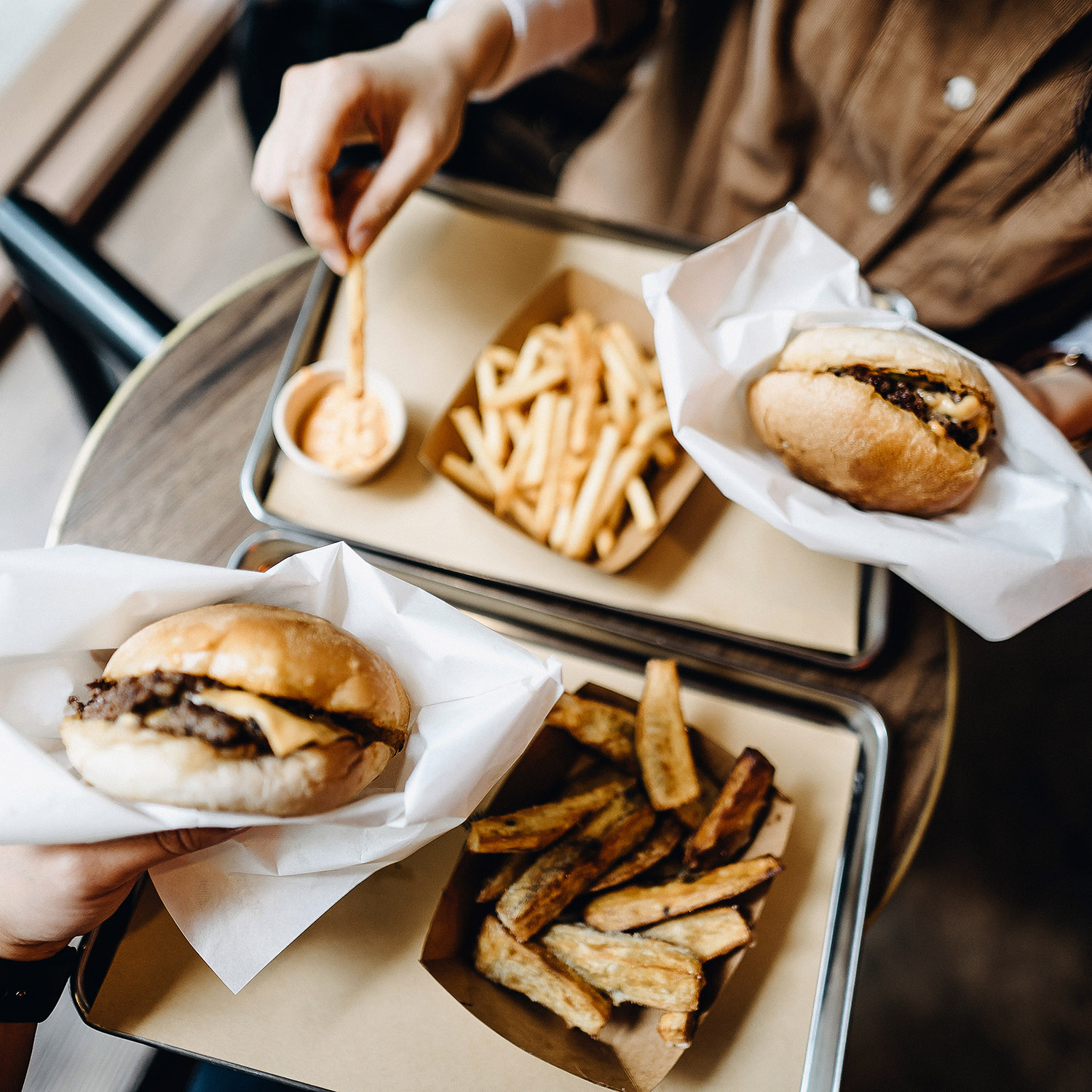 These 8 Foods Are the Worst for Rosacea—Here's What to Eat Instead
These 8 Foods Are the Worst for Rosacea—Here's What to Eat InsteadControl those flare-ups.
By Sarah Yang
-
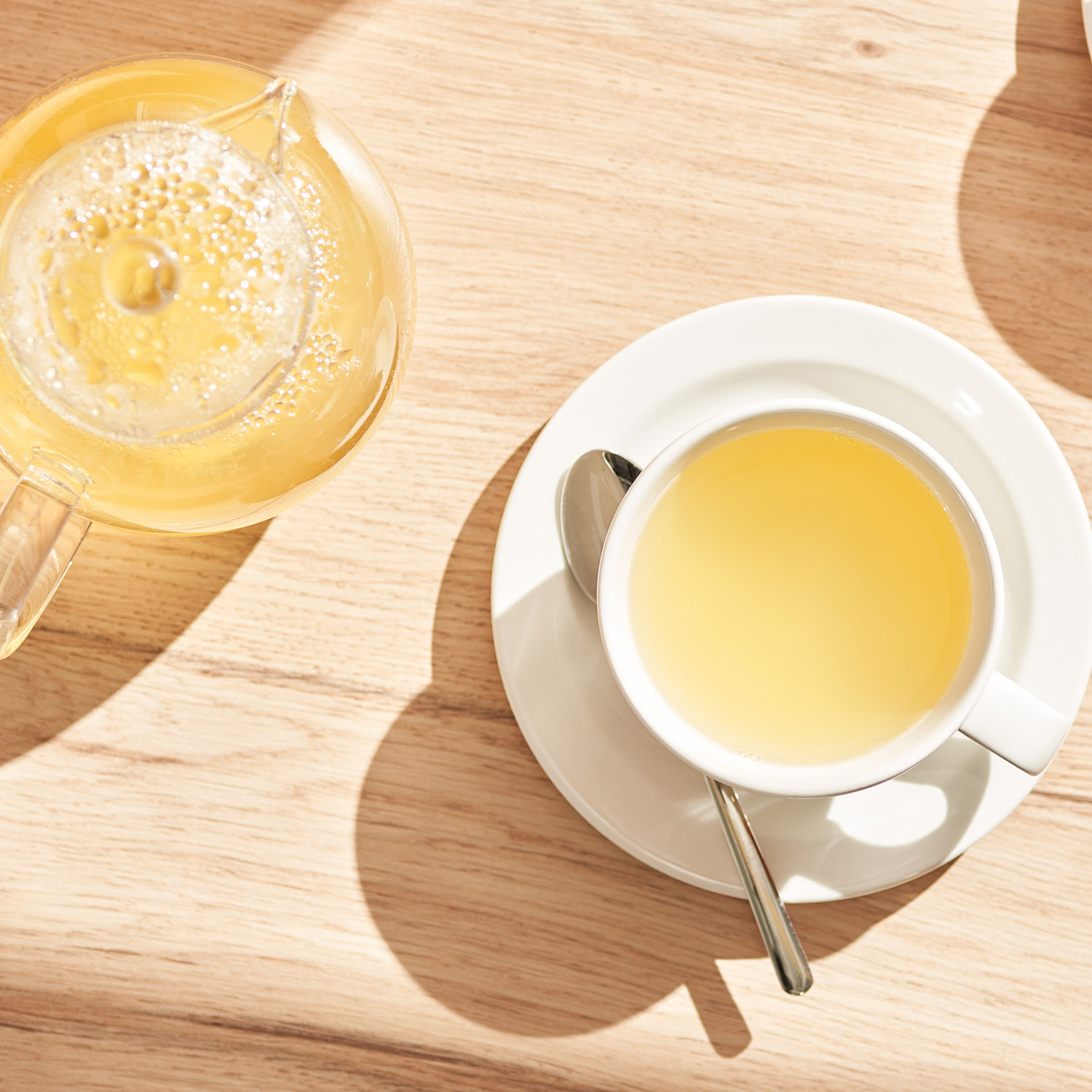 15 Things That Cause Bloating and How to Get Rid of It ASAP
15 Things That Cause Bloating and How to Get Rid of It ASAPTry these.
By Sarah Yang
-
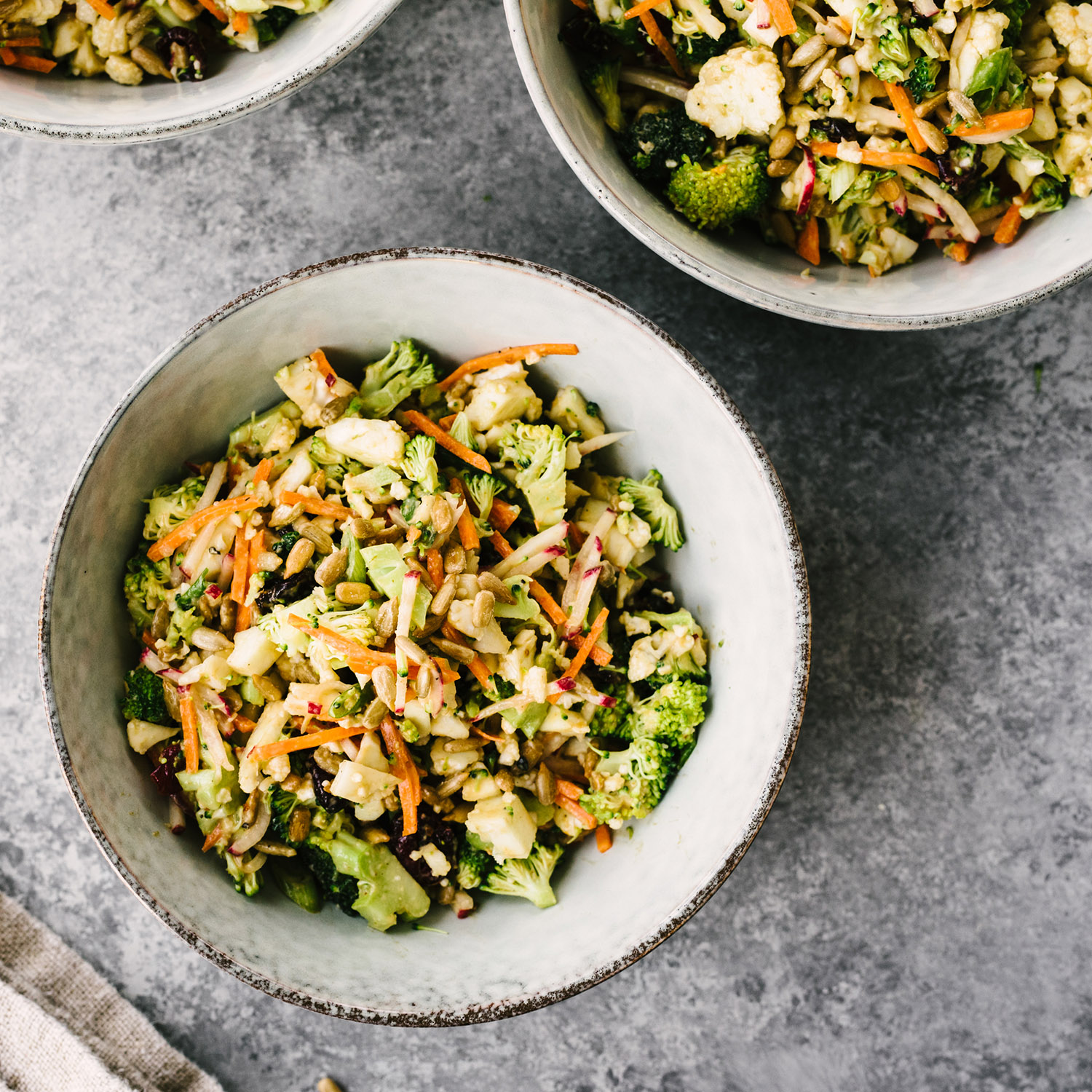 Is the Alkaline Diet Overhyped? What Experts Want You to Know
Is the Alkaline Diet Overhyped? What Experts Want You to KnowHere's how it works.
By Sarah Yang
-
 I'm an Imperfect Dietitian and My Key to Eating Healthy Meals Is Convenience
I'm an Imperfect Dietitian and My Key to Eating Healthy Meals Is ConvenienceTake a peek at my weekly grocery staples.
By Candice Aman
-
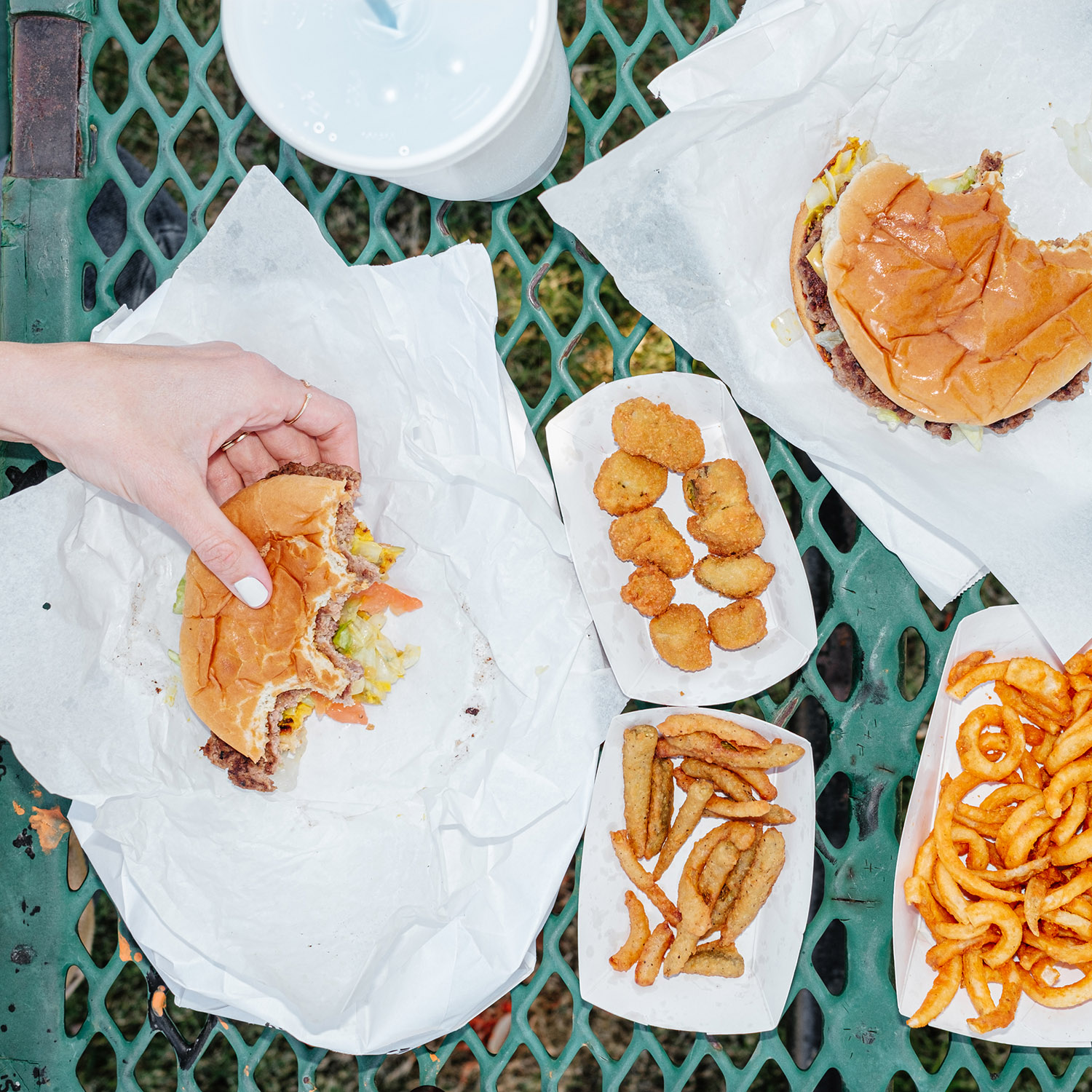 Avoid These 6 Foods—They'll Wreck Your Gut Health
Avoid These 6 Foods—They'll Wreck Your Gut HealthWhat to eat instead.
By Sarah Yang
